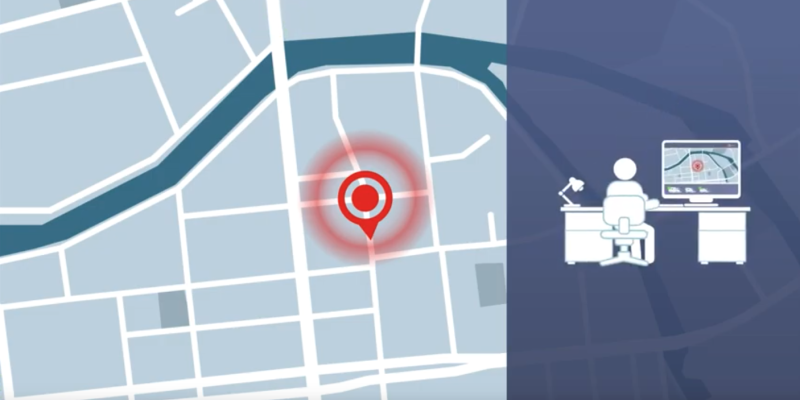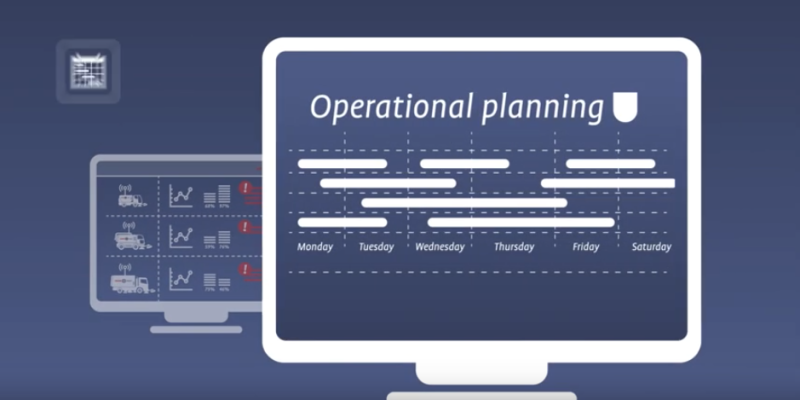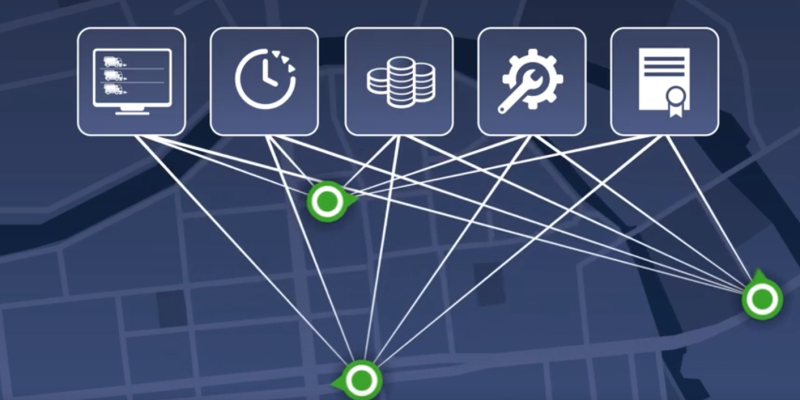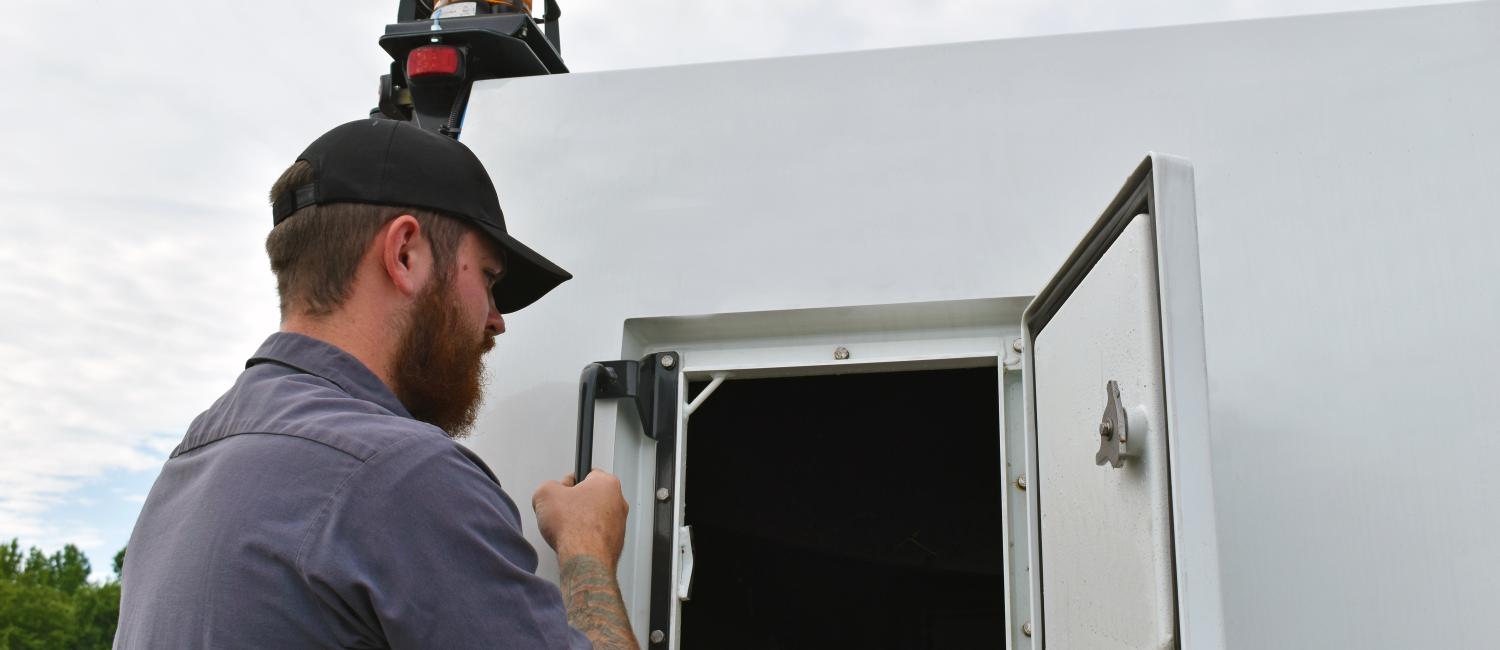Making the most out of
intelligent cleaning and clearing operations
Through connectivity and digital services, improve your fleet’s efficiency and achieve uptime that exceeds expectations
More people and more urbanisation mean more challenges to overcome in maintaining our quality of life. With over half the world’s population already living in cities – a figure that is expected to rise by 2.5 billion come 2050 – these issues take on even more importance.
Thankfully, when it comes to innovations in cleaning and clearing technology, the possibilities are endless. The same applies to our end goals – to help municipalities and companies optimise the waste management infrastructure of our cities.
Improving productivity and operations: Using data analytics to unlock operational efficiencies
By utilising big data, automation and artificial intelligence, companies and municipalities can increase productivity and ensure smoother, more reliable operations. Read below for some examples.
Optimise the entire system
Today, municipalities and companies can create larger and more diverse fleets by connecting multiple vehicles under one system – thereby grouping together a vast amount of data from different sources. However, utilising this data to improve operations requires an easy-to-use software system.
With today’s range of digital services and software systems, it calls for industry-wide integration and open interfaces. Providing not just value through the single system model, but across the entire industry.
Use data to reduce downtime and operational costs
Every minute of downtime is a minute lost – and money wasted. With this in mind, monitoring a fleet in real-time takes on added importance.
Companies and municipalities can use data to continuously monitor and asses the condition of their vehicles, allowing fleet managers to pre-plan service and maintenance and avoid bottlenecks in workshops.
In turn, this means lower service costs, less downtime and a longer life span for vehicles – with a more efficient working environment also improving employee wellbeing.
Services delivered as needed
Planning the optimal route calls for access to vehicle operating data, including location mapping, allowing fleet managers to optimise shifts and routes and stay informed about their fleet at all times. This makes way for more efficient waste management collection, lower fuel consumption, and a smaller carbon footprint.
The right tools for the job
While digitalisation is important, smart waste management is just as much about helping operators do their best – providing the right tools to help them work as seamlessly as possible. Today, we are beginning to see examples: When an operator mans a snow plough, technology helps configure the plough to a particular task, allowing the driver to focus on driving safely. It can also be seen in the sensors and cameras which help truck drivers better orientate themselves, resulting in a smoother and safer experience. Or when an operator can manage a sewer cleaning unit with the click of a button – or via remote control.



